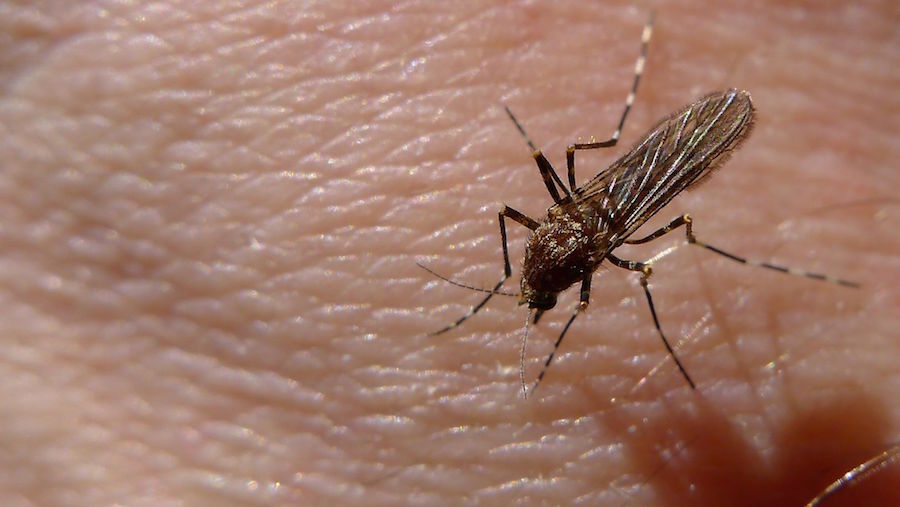
Mosquitoes serves not only as as a nuisance to humans, but also as carriers of multiple infectious diseases like yellow fever, malaria and Zika virus. Most recently, mosquitoes served as the catalyst behind the 2015 Zika virus epidemic, and are responsible for over one million deaths worldwide each year.
UC Davis faculty and other researchers have come together to look into the role of genetics in the feeding choice of Anopheles Arabiensis: a major carrier of malaria in East Africa. This species of mosquitoes is known for its broad range of hosts. It has the ability to adapt quickly to both outdoor and indoor environments.
Because of this and the frequent use of bed nets in Africa, these mosquitoes serve as a huge threat. Bed nets that are treated with pesticides in the area lead to the death of other species, which then in turn allow Anopheles Arabiensis to thrive.
By looking at the genetics of human-fed versus cattle-fed mosquitoes, the researchers were able to deduce whether or not there is a genetic basis rooted in the feeding preferences of mosquitoes. The process involved a field survey in which researchers visited and obtained data from East African cities.
“In the field survey we go into people’s houses, with permission, of course, and collect mosquitoes that have recently fed from people’s houses, goats, shacks and more,” said Bradley Main, a UC Davis postdoctoral researcher in the Department of Pathology, Microbiology and Immunology.
Once mosquito samples were collected, researchers ran through genome sequencing (a method used to determine the precise order of DNA in an organism) by looking into the mosquitoes’ diets. This process was used to compare cattle-fed mosquitoes to human-fed mosquitoes. While one of the main questions posed was related to the feeding preferences of Anopheles Arabiensis, the resting behavior (where mosquitoes would choose to land) was researched as well.
“We then looked at the genomes of the mosquitos to see if there was a connection between genetic variation and the host preference, either the mosquito prefers humans or animals,” said Eleazar Eskin, a professor of computer science and human genetics at UCLA.
The final results indicated that mosquitoes had a preference for feeding on humans versus cattle or other organisms. In the results, mosquitoes tested rarely indicated feeding on more than one host, illustrating mosquitoes’ preference to specific hosts.
The team of researchers also found that mosquito resting behavior was random, meaning there was no correlation between the resting behavior of mosquitoes and genetics. The results supported the fact that mosquitoes preferred feeding on humans, with higher feeding rates indoors.
“Results were based on analysis of individual mosquito whole genome sequences,” said Gregory Lanzaro, a professor in the Department of Pathology, Microbiology and Immunology. “We were asking the question: ‘Is mosquito host preference (human vs. cattle and other animals) determined genetically or do they simply feed on whatever mammal they come in contact with?’”
Through the analysis of this one species of mosquito, UC Davis faculty and other colleagues were able to deduce a relationship between mosquito feeding and genetics.
In the past, researchers have analyzed various species of mosquitoes and their relation to infectious diseases. Carolyn Mcbride, an assistant professor of ecology and evolutionary biology from the Princeton Neuroscience Institute at Princeton University, recently published a journal which analyzed the behavior of Aedes Aegypti, a mosquito that is known for spreading dengue and yellow fever.
In her journal, she mentions how the species of mosquito has evolved a preference for human odor, which later related to a genetic level.
With the results of the Anopheles Arabiensis research, Main and his colleagues aim to expand this research into a controlled experiment to find out why mosquitoes have a feeding preference for humans in particular. This could range from collecting a larger sample size that would cover more regions, or simply repeating the study.
Written by: Molina Hauv — science@theaggie.org



